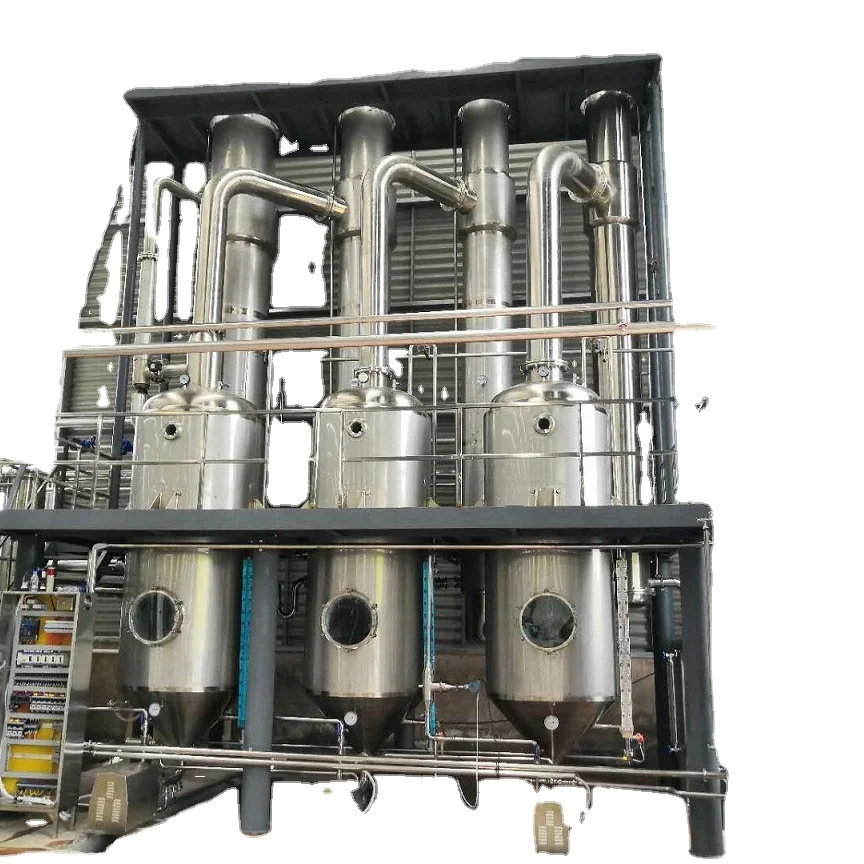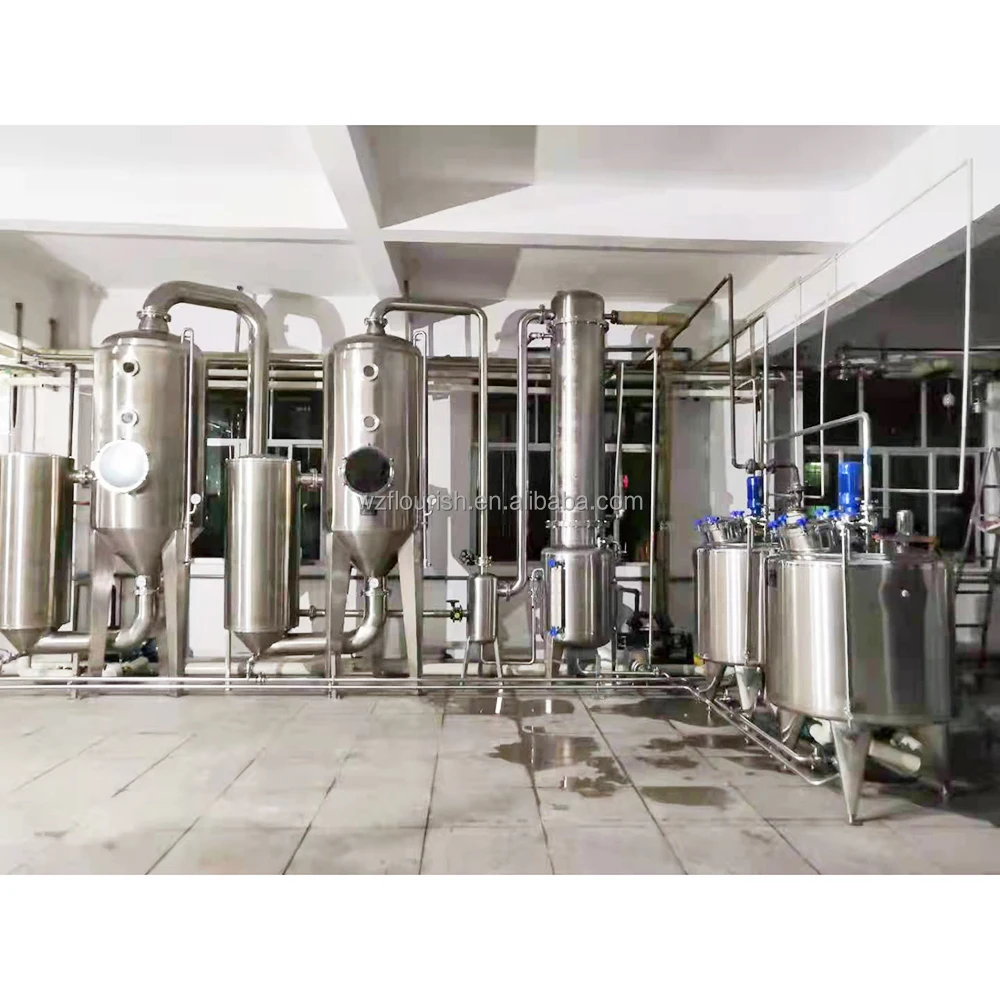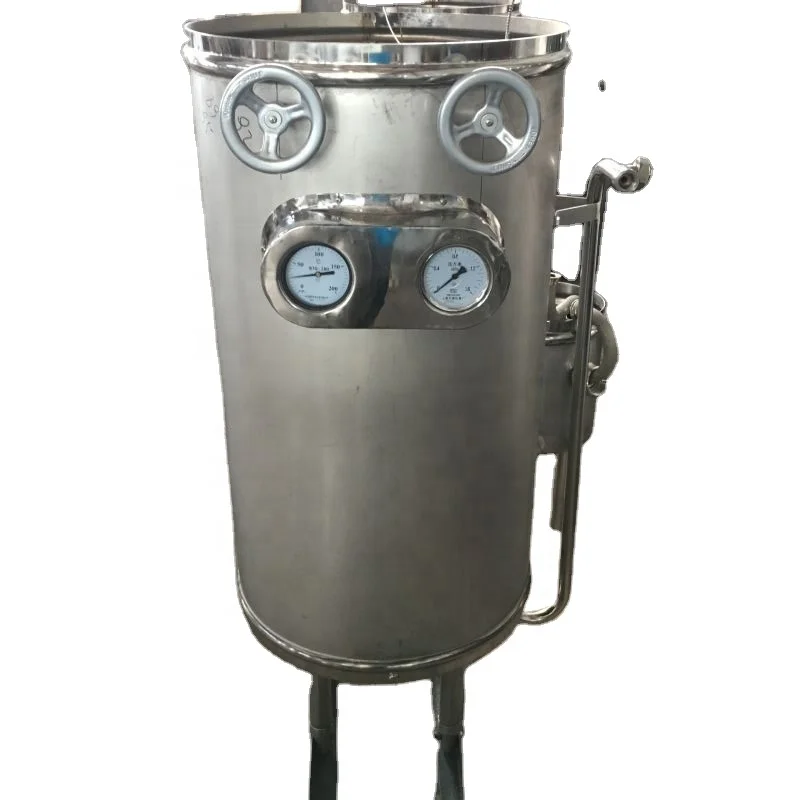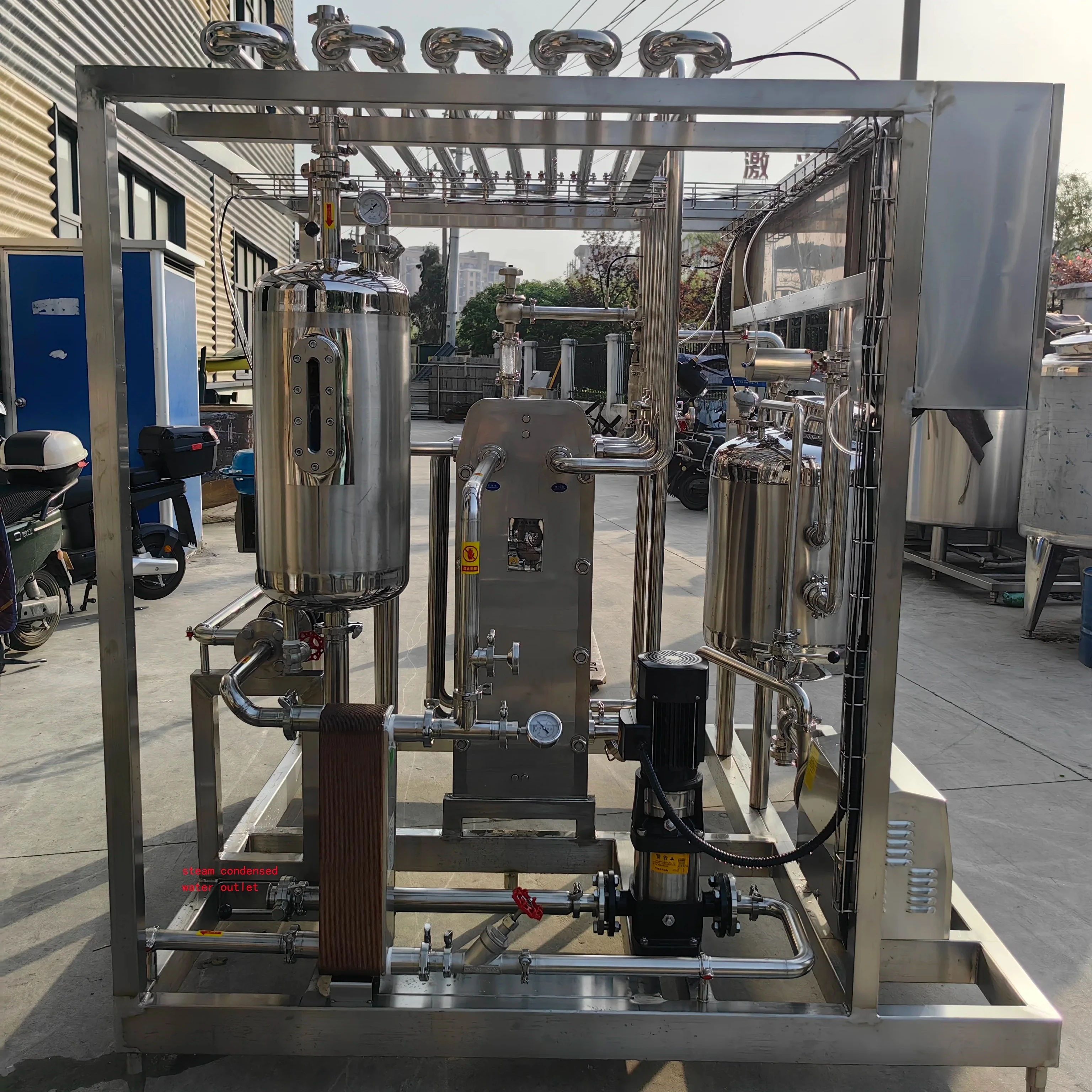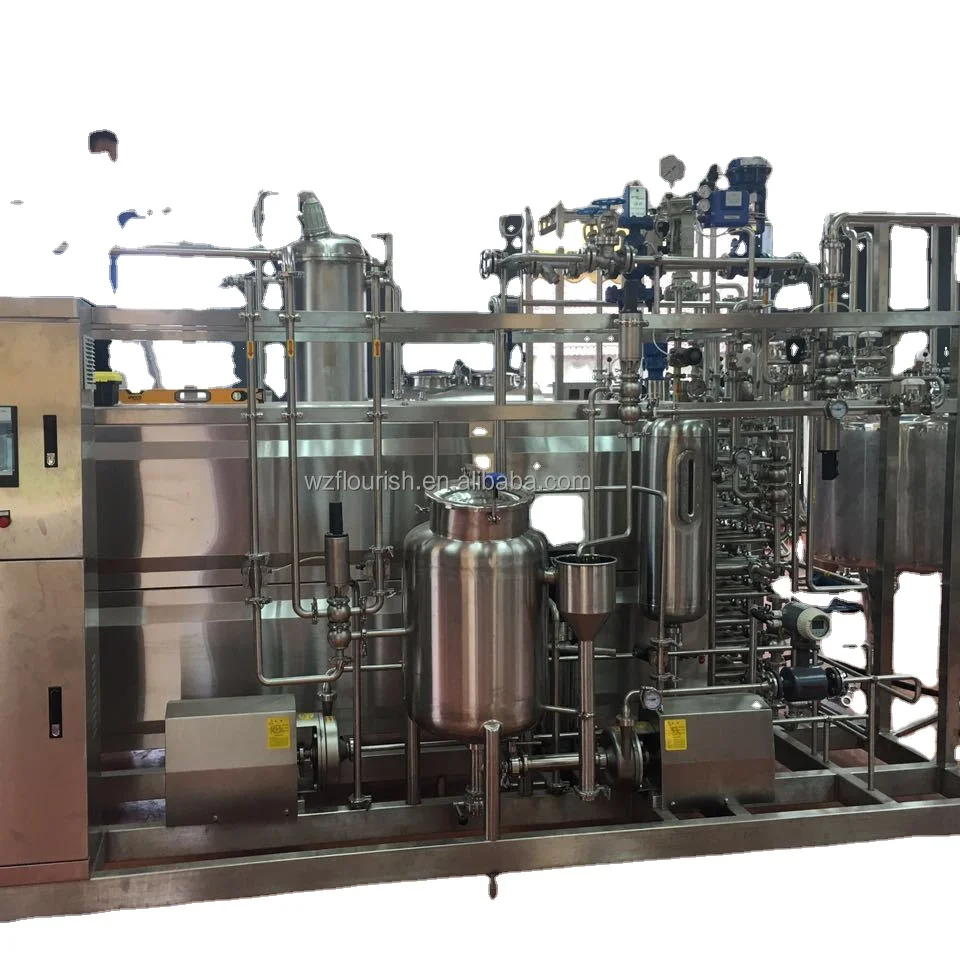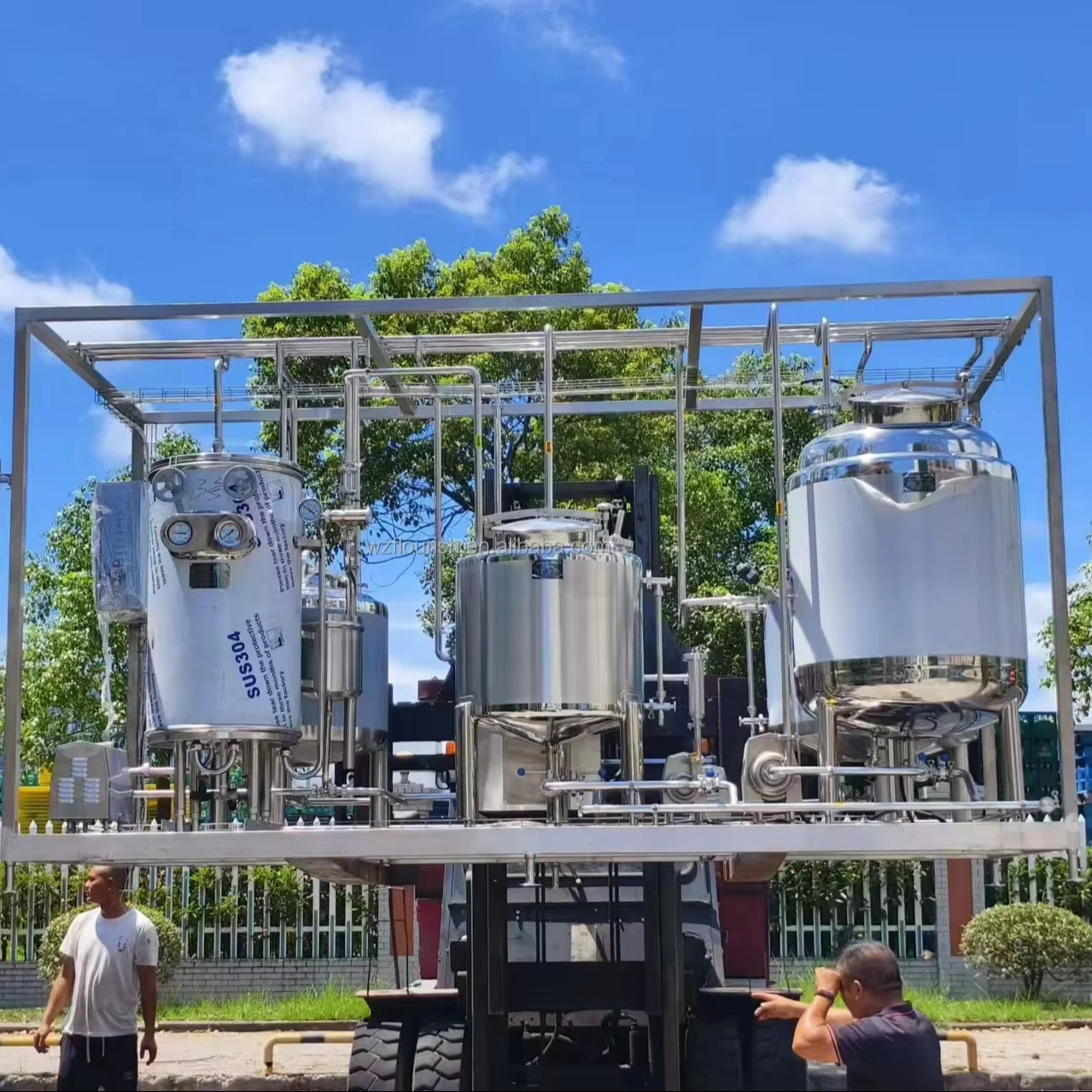ABOUT
Wenzhou Vince Machinery Science Co., Ltd. was established in early 1980s. Our company covers an area of 6500 square meters and is an independent legal representative firm, possessing rich economic technology strength. Our company is a high tech enterprise and plays an important role in national dairy, foodstuff, pharmacy and machinery industries. We are a beverage machinery supplier.
Since the establishment, our company has mainly engaged in dairy products, foodstuff, beverage machinery, bean products, yellow wine, medicines and fermentation projects. What's more, our company supplies a complete sequence services in manufacturing, installation, test and personnel train, as well as the whole direction service design and consulting service on product project construction or enlargement artistic distribution engineering sets budget.
PRODUCTS
The Importance of Energy Efficiency in Juice Evaporation
Juice evaporation is a crucial step in the production of concentrated juice products, such as apple juice, orange juice, and grape juice. This process involves removing water from the juice to increase its concentration and shelf life. However, juice evaporation is energy-intensive, consuming significant amounts of energy, especially in traditional methods like open pan evaporation. This high energy consumption can lead to increased production costs, environmental pollution, and a negative impact on sustainability. To address these challenges, energy efficiency has become a paramount concern in juice evaporation.
Reducing Energy Consumption
Energy efficiency in juice evaporation is essential for minimizing energy consumption and associated costs. By optimizing the evaporation process, manufacturers can significantly reduce their energy footprint. One key approach is to utilize efficient evaporators, such as multiple-effect evaporators or falling film evaporators. These evaporators maximize heat transfer and minimize heat loss, resulting in lower energy consumption. Additionally, employing advanced control systems and automation technologies can optimize the operation of the evaporators, ensuring efficient heat utilization and minimizing energy waste.
Minimizing Environmental Impact
Energy efficiency is directly linked to environmental sustainability. Reducing energy consumption in juice evaporation translates to a decrease in greenhouse gas emissions, contributing to mitigating climate change. By minimizing energy use, manufacturers can reduce their reliance on fossil fuels, promoting cleaner production practices. Furthermore, energy-efficient processes can minimize wastewater generation and reduce the need for water treatment, contributing to water conservation and minimizing environmental pollution.
Improving Production Efficiency
Energy-efficient juice evaporation processes lead to improved production efficiency. By optimizing energy consumption, manufacturers can reduce operating costs and increase profitability. Furthermore, reduced energy consumption translates to faster processing times, enabling increased production capacity and quicker turnaround times. This can lead to enhanced market competitiveness and greater customer satisfaction.
Enhancing Product Quality
Energy efficiency not only improves production efficiency but also enhances product quality. By optimizing the evaporation process, manufacturers can minimize the risk of product degradation or flavor alteration. This ensures that the concentrated juice retains its natural flavor and nutritional properties. Additionally, energy-efficient processes can reduce the formation of undesirable byproducts, contributing to a higher-quality final product.
Conclusion
Energy efficiency plays a critical role in modern juice evaporation processes. By reducing energy consumption, minimizing environmental impact, improving production efficiency, and enhancing product quality, energy-efficient juice evaporation contributes to a more sustainable and profitable juice industry. As the demand for concentrated juice products continues to grow, the importance of energy efficiency in juice evaporation will only become more significant.
SUBSCRIBE
INQUIRY

